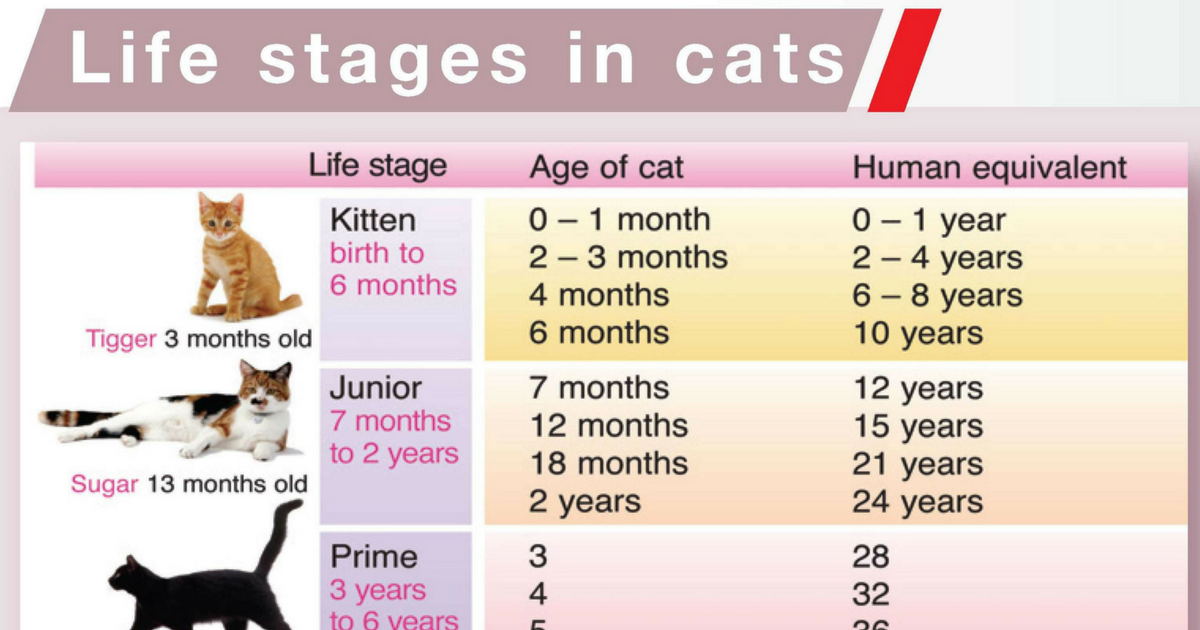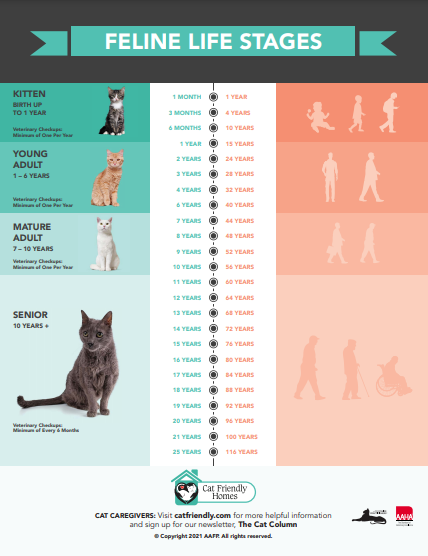
The fact is the only way to change your cats behavior is to change YOUR behavior. How Does Aging Affect a Cat.

Cats also change color as they age.
Feline behavioral changes as cats age. Feline cognitive dysfunction FCD is a condition that cat-owners should be aware of as their furry friends age. The condition affects more than 55 percent of cats 11-15 years old and more than 80 percent of cats who are 16-20 years old according to the pets section of WebMD. Changes in Behavior Might Be Caused by Feline Cognitive Dysfunction Feline Cognitive Dysfunction FCD might affect your cat as he gets older.
Some kitties over the age of 10 develop this condition so you might start to notice a few changes in your pets behavior. Shelly Zacharias DVM MS VPM BCMAS and vice president of medical affairs for Gallant told POPSUGAR that as cats age they can experience pain related to issues like arthritis which can make. Aging cats sometimes experience behavior changes such as forgetting where you put their litter box being less active and being more aggressive.
If your older cat starts acting differently it might be a sign of aging problems such as feline cognitive decline FCD. How Does Aging Affect a Cat. With increasing age there are many physical changes that take place all of which potentially impact on a cats normal patterns of behavior including 2.
Ability to smell and taste food. Ability to digest fat and protein. Immune function making the elderly more vulnerable to infections Skin elasticity.
Female cats will have a heat period which begins around 6 to 9 months of age. During this time the cat will be receptive to mating with a male something which causes them to actively seek out fertilization. Their behavior will change accordingly often becoming more vocal and even acting out in frustration.
More meowing more wandering around increased level of anxiety confusion or disorientation. If youre unsure how old your cat is you can always turn to your veterinarian for more information. Your vet will be able to use physical and behavioral markers to help make the best estimate of your cats age.
The fact is the only way to change your cats behavior is to change YOUR behavior. This can include making changes to your cats physical environment establishing new habits for yourself for example setting up a scheduled play time for each day or. The cooler the cat is the darker its fur grows.
Cats also change color as they age. Young cats grow darker and older cats turn gray. UV rays from the sun bleach dark fur as does a tyrosine deficiency in the diet.
Sudden color changes suggest a hormonal imbalance. Dont assume that sickness is the reason why your cats fur is changing color. Veterinary surgeons should be regularly including questions around behavioural changes in ageing cats when they take a clinical history and owners should be aware of the importance of mentioning any changes that they have observed in their cats behaviour as they have aged as it may prompt their vet to investigate things further.
Feline kidneys undergo a number of age-related changes that may ultimately lead to impaired function. Kidney failure is a common disease in older cats and its symptoms are extremely varied. Degenerative joint disease or arthritis is common in older cats.
Although most arthritic cats dont become overtly lame they may have difficulty gaining access to litter boxes and food and. Canine and feline behavioral changes can be physiological or cognitive and both may be amenable to treatment and intervention. 13 Monitoring both age-associated cognitive and physiological changes should be conducted at least annually in dogs starting at 58 yr for larger breeds and 810 yr for smaller breeds and cats starting at 1012 yr.
Changes in Grooming Habits. Cats are known for being enthusiastic self-groomers so if you notice a change in your cats self-grooming routine it may be a sign of a problem. Potential causes of improper grooming may include Obesity.
Some overweight cats have trouble reaching their full bodies when they groom. Inter-Cat Aggression Male and more rarely female cats may demonstrate aggression toward other male cats as they approach social maturity between two and four years of age. The first step in addressing this behavior is to neuter or spay all cats involved as sexual hormones may play an important role in this type of aggression.
While age sometimes can play a role in behavior changes she is acting more like shes in pain. Your neighbor should get her checked out by a. Feline hyperesthesia syndrome FHS is an uncommon yet troublesome and bizarre condition also termed as a twitch-skin syndrome rippling skin sickness or rolling skin syndrome.
Feline hyperesthesia may occur in cats of any.